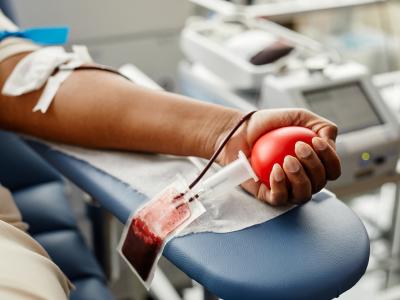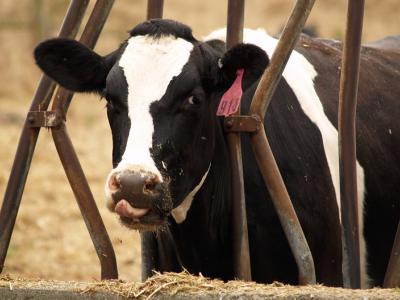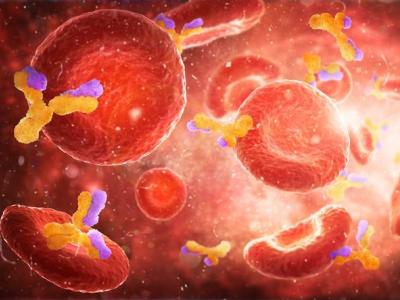The Centers for Disease Control and Prevention (CDC) yesterday said screening of travelers from Uganda to the United States has ceased after Ugandan officials declared the Ebola outbreak in their country over yesterday. Two 21-day incubation periods had passed since the last case was reported in November.
"I commend the Government of Uganda, local health workers, and global public health partners who worked to end the country's Ebola outbreak," said CDC Director Rochelle Walensky, MD, MPH. "I also want to thank the CDC staff on the front lines in Uganda and around the world who worked countless hours to accelerate an end to the outbreak."
She added, "CDC remains committed to partnering with the Ugandan Ministry of Health in support of survivor programs and in helping strengthen global preparedness and response capacities that can prevent or extinguish future Ebola outbreaks."
The first confirmed case of the Sudan Ebola strain was reported in Uganda in September 2022 and involved a 24-year-old man from Mubende district. The outbreak total reached 164 cases, 142 of them confirmed and 22 probable. Fifty-five people died from Ebola, putting the case-fatality rate among confirmed infections at 39%.








